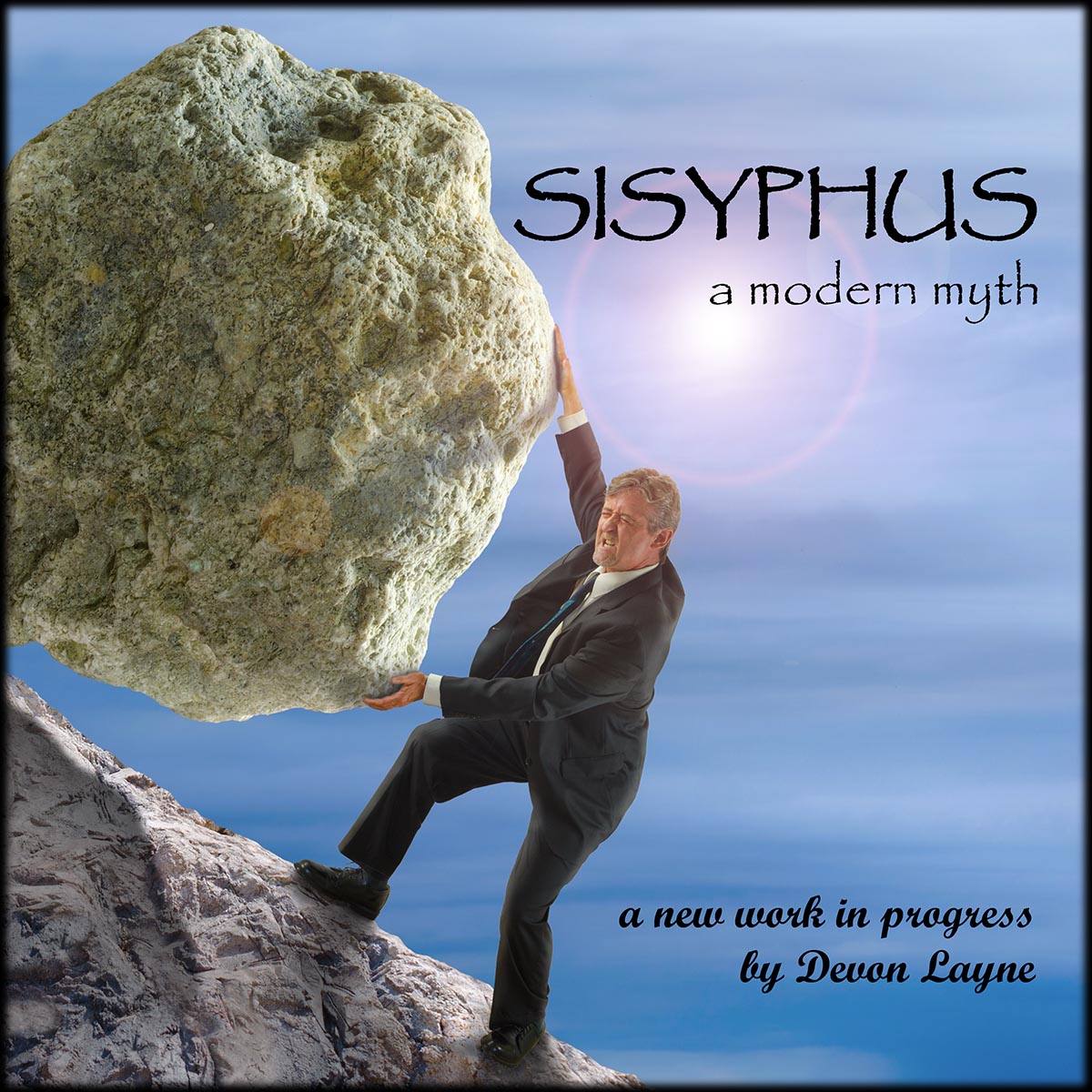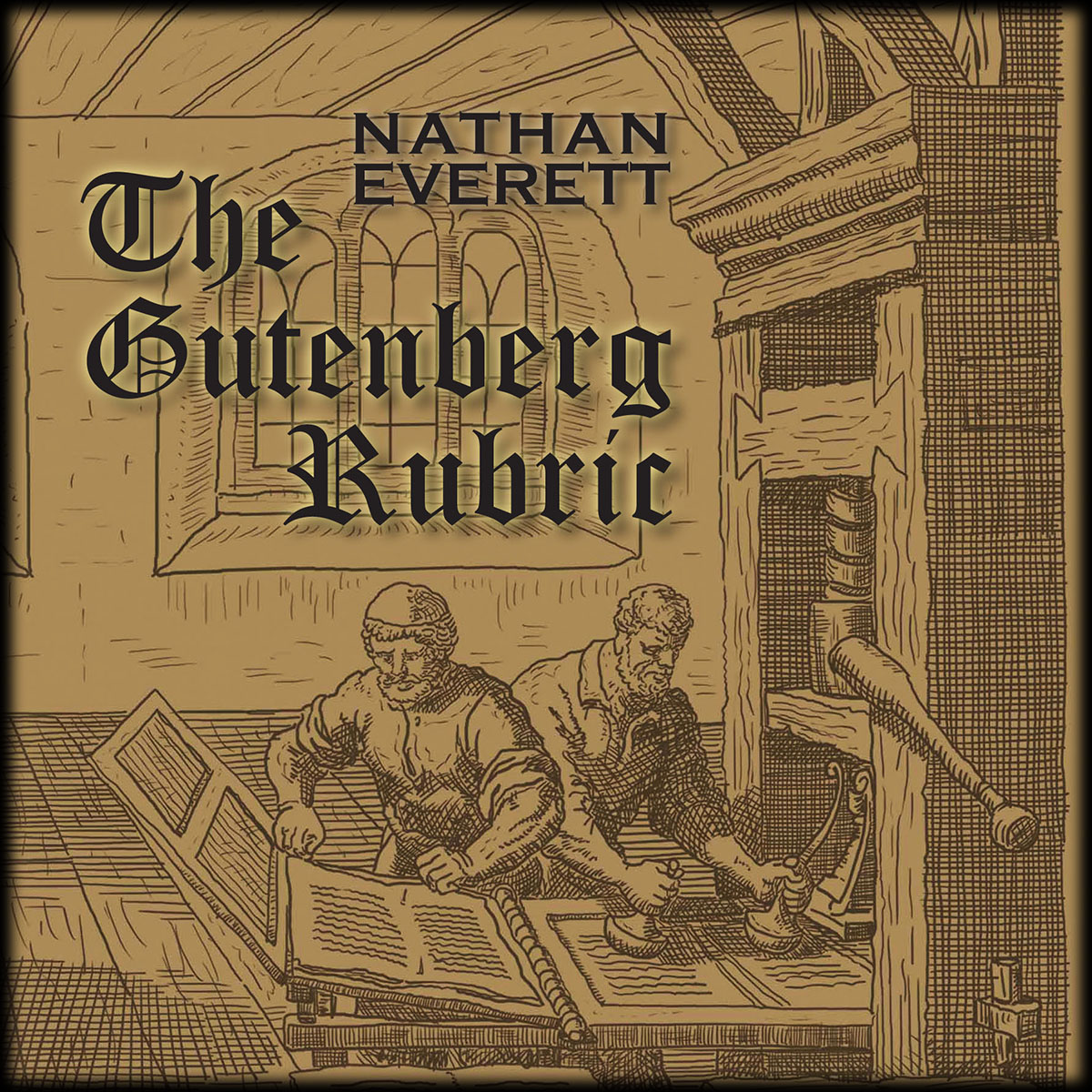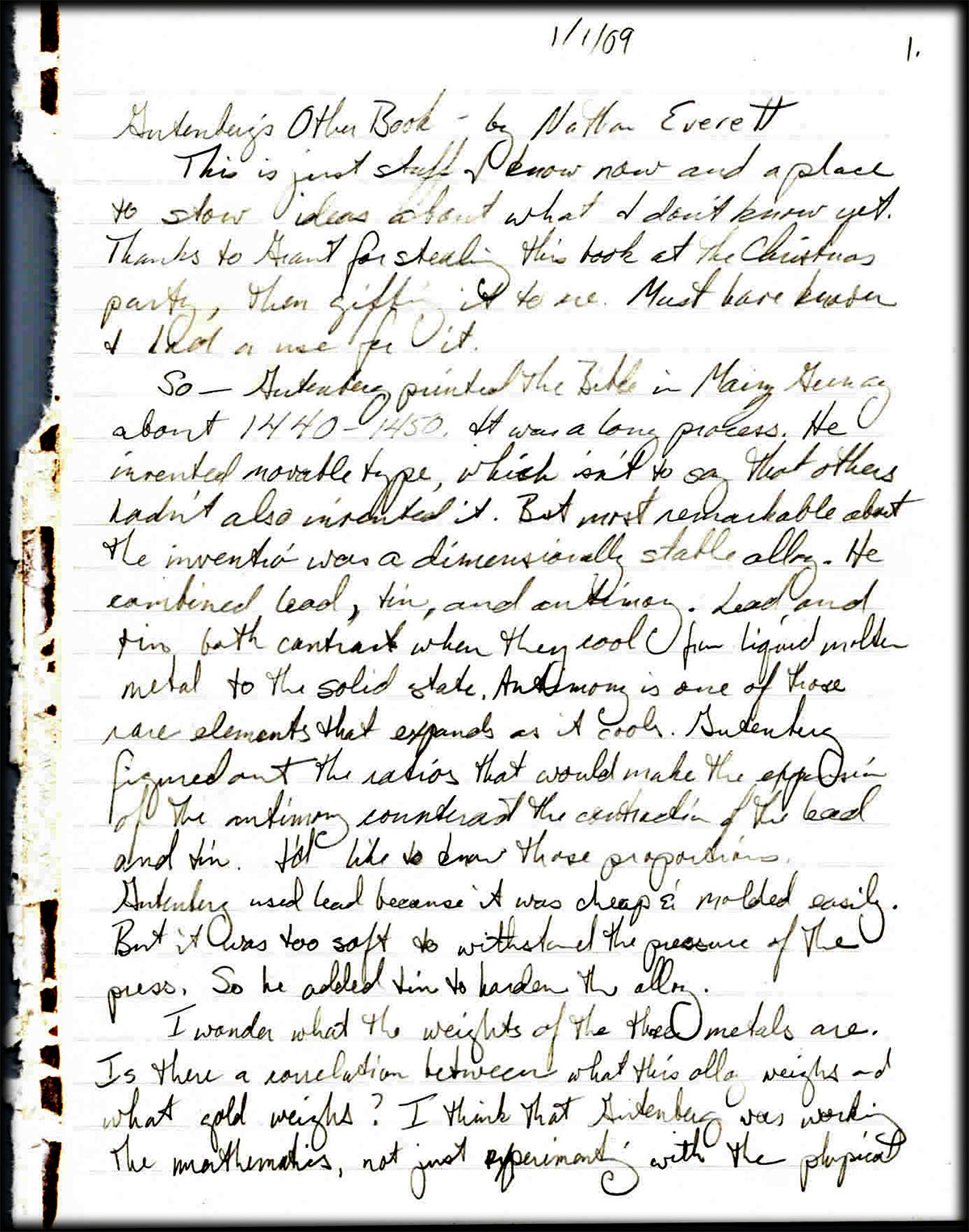12/8/2024
Writing the November Novel
This is number ninety in the blog series, “My Life in Erotica.” I encourage you to join my Patreon community to support my writing.

EACH NOVEMBER for twenty-one years, I have written at least one new novel. My records show that I wrote twenty-three books in those twenty-one Novembers. Seventeen of those books have been published and the NaNoWriMo website shows that I have written a total of 2,718,527 words in that time, including their various summer challenges.
I don’t write only in November, though. My records for the past six years show that I’ve dumped 5,508,020 words out of my head onto the page—nearly a million words a year. That’s a lot of typing and a lot of dreaming up new ideas. Some of them have been successful and some have never seen a public release. But I keep writing.

November 2024 saw me tackle a massive new project that I gave the working title of Sisyphus, a modern myth. I ended the month of November with 105,866 words in my draft and it wasn’t nearly finished. I’ve continued writing 2-4,000 words a day in December and think I might possibly finish by the middle of the month. Yes, somewhere over 150,000 words.
The work is very different than I anticipated, though the major story elements are still there. I discovered that many of the characteristics of the legendary Sisyphus from Greek mythology that made him renowned as clever and able to defeat death and the gods, are not particularly attractive characteristics today. In fact, they smack a little too much of the billionaires who run the country for their own benefit. (The country—being just about any country where my books are read.)
The most common criticism I’ve received on the first draft is that Henry, my leading man, is not very likable. He is a man who typically gets his way and other people rush to help him get it. Even though he is generally benevolent, protecting friends and destroying enemies, he’s just not the kind of guy you’d like to have over for dinner on Taco Tuesday.
Well, not to worry. This is the first draft and I think the story is actually quite good. My story editor, Lyndsy, says I need to decide who is writing the book. The first part sounds like Devon Layne, the second part like Nathan Everett, and she hasn’t figured out who is writing the third part!
When I am writing a new story, I tend to write very rapidly—as I indicated, 2-4,000 words a day, non-stop. That’s the speed the story enters my mind and I have to get it down or I’ll lose the flow. In the process there are various sub-plots that emerge, some of which are never resolved. There are characters that don’t seem to have a great purpose. There are skips in time and missing transitions.
That is what a first draft is all about. Thanks to Lyndsy’s and Les’s notes on the first draft, sometime around mid-January, when I’ve managed to release my current more advanced work in progress, I’ll pick up the five hundred or so pages of Sisyphus and start again from page one with a new draft. When I go through this process, I can usually predict somewhere near an 80% or 90% rewrite. Part of that will be unifying the voice so it is all written by one of my personalities.
But I can’t start that process until I finish getting the story out. And since this story covers several years, I’ll have to work on transitions and timelines especially hard. It’s scarcely a daily diary type of story.
It seems a shame to talk so much about a book and not leave a link to a place to buy it, but Sisyphus is not yet for sale. My $10 per month Sausage Grinder Patrons on Patreon have access to reading the first draft as I write it and make daily posts to the story. They see both what goes into the sausage grinder and the casing I try to pack it all into. It isn’t always pretty, but it can be very enjoyable in its own way.

An early example from my collected works that I completely rewrote was Nathan Everett’s The Gutenberg Rubric. I researched this book for nearly twenty years, having taught print history during a good part of that. I collected legends and stories. And I had questions.
On January 1, 2009, I started work in earnest on the book, beginning with my concept statement and progressing with a compilation of all my years of research and speculation. I wrote it by hand in a lined book in pencil.

143 pages of notes covering everything from my proposed migration of the Library of Alexandria to the construction of Nemrud Dagi to the atomic weights of the known elements at the time of Gutenberg, to the composition of ink and its evolution over the past 40,000 years.
Before I was finished making notes, I started typing the first draft of the manuscript. I’d written a five-page prologue in July of 2008, but hadn’t progressed far. I realized it wasn’t very exciting and things needed to start with a bang, so to speak.
I started over on January 4, 2009. I worked steadily for six months and was so disappointed in what I had written that I closed the book and sent it off to my friend The Book Doctor. He wrote comments on every page of the 40,000-word manuscript and added ten pages of notes at the end on what he saw that I needed to clarify, get rid of, and change. It was incredibly valuable information.
I studied, made notes, changed the title of the book from Gutenberg’s Other Book to The Gutenberg Rubric, banking on the kind of names that were selling at the time, like The DaVinci Cod. It became my November novel for 2009 and I wrote the entire 89,000-word draft that month.
It wasn’t finished.
I wrote several more drafts, completing the third in time to enter it into the PNWA literary competition. The draft won second prize in the mystery and thriller category. But that draft only included the first twenty-five pages. I launched into a full draft in March and completed the fifth draft in January of 2011. In all that time, I had worked on only one other story, the 2010 November novel, Steven George and The Dragon.
Finally, in July of 2011, the book went live and I did my first ever book signing tour around the country in September. It was incredible.
But the book that was released was 90% different than the book I’d begun drafting January 1, 2009, even though the basic story was the same.
The Gutenberg Rubric eBook is available on Bookapy. The paperback is available from other online vendors.

We are getting perilously close to the end of 2024, along with its accompanying travel, family celebrations, and scramble to cook a perfect prime rib. As a result, I’m not sure what I’m going to write for next week yet. I’ll be as surprised as you!
Please feel free to send comments to the author at devon@devonlayne.com.
